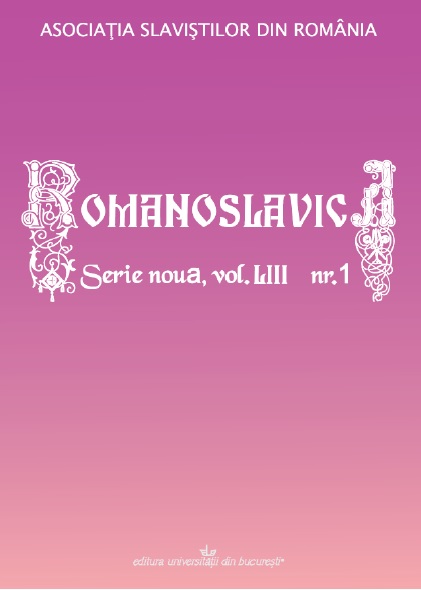Rod a jeho lingvokultúrne parametre
Gender and Its Linguistic Parameters
Author(s): Jana PekarovičováSubject(s): Language and Literature Studies
Published by: Editura Universităţii din Bucureşti
Keywords: gender; gender roles; gender discourse; gender stereotypes; grammatical category; grammatical parameters; common gender; generic masculine
Summary/Abstract: Recently, the concept of gender has become an increasingly sensitive category which is interpreted differently depending on the scientific discipline. We perceive gender as a linguistic category, it is a legitimate part of most modern languages and it can usually be explicitly expressed. This is particularly the case when the gender of nouns is identical with their natural gender. However, we also perceive gender as a social category with immediate relationship to the cultural sphere, extending into the social role of human beings in society. Role is normally understood as the sum of standardizations, analogous behavior of individuals and expectations from society and its members. In this context, the terms gender and role enter a new relationship ‒ gender role. This relationship stems from the knowledge of an individual’s gender (male or female), according to which he or she is attributed a role in the society in terms of standardized behavior and expectations. The study aims at holding a mirror to the use of gender as a linguistic and a social category. In the selected examples, we will attempt to interpret current trends in the perception of gender and a differentiated application in common practice, as well as in wider understanding of the gender discourse. The analysis of material research shows that when referring to a person and grammatically embodying her/him it is necessary to differentiate between the referential and identifying function of that specific denomination.
Journal: Romanoslavica
- Issue Year: LIII/2017
- Issue No: 1
- Page Range: 85-96
- Page Count: 12
- Language: Slovak

